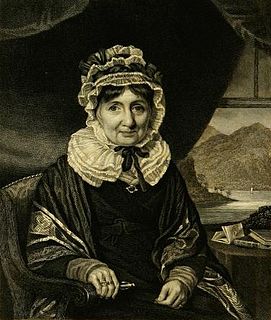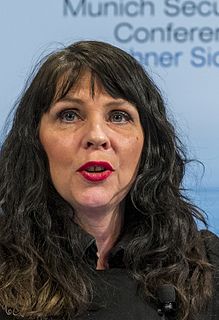A Quote by Michael Moore
I believe that when you provide information to people, they become less fearful and they will engage more in their democracy if they are empowered with information.
Related Quotes
Normally if you add information to information, you have more information. In case of my art, I destroy information, I would say, because the image is disturbed by the writings. In a way, they become pure imagery. For me it's really fun because it's an idealistic approach to images, to just play around with information and see what's happening.
I would like to see transparency become the default for the American government: Abolish the Freedom of Information Act so we don't have to ask government for information but government must ask to keep information from us. The more transparent government is, the more collaborative it can become. The more our officials learn to trust us - with information and a role in government - the more we can trust them.
I don't think we should have less information in the world. The information age has yielded great advances in medicine, agriculture, transportation and many other fields. But the problem is twofold. One, we are assaulted with more information than any one of us can handle. Two, beyond the overload, too much information often leads to bad decisions.
The more you enter, the more you become locked in. Your social-networking site becomes a central platform - a closed silo of content, and one that does not give you full control over your information in it. The more this kind of architecture gains widespread use, the more the Web becomes fragmented, and the less we enjoy a single, universal information space.
Just as entropy is a measure of disorganization, the information carried by a set of messages is a measure of organization. In fact, it is possible to interpret the information carried by a message as essentially the negative of its entropy, and the negative logarithm of its probability. That is, the more probable the message, the less information it gives. Cliches, for example, are less illuminating than great poems.





































